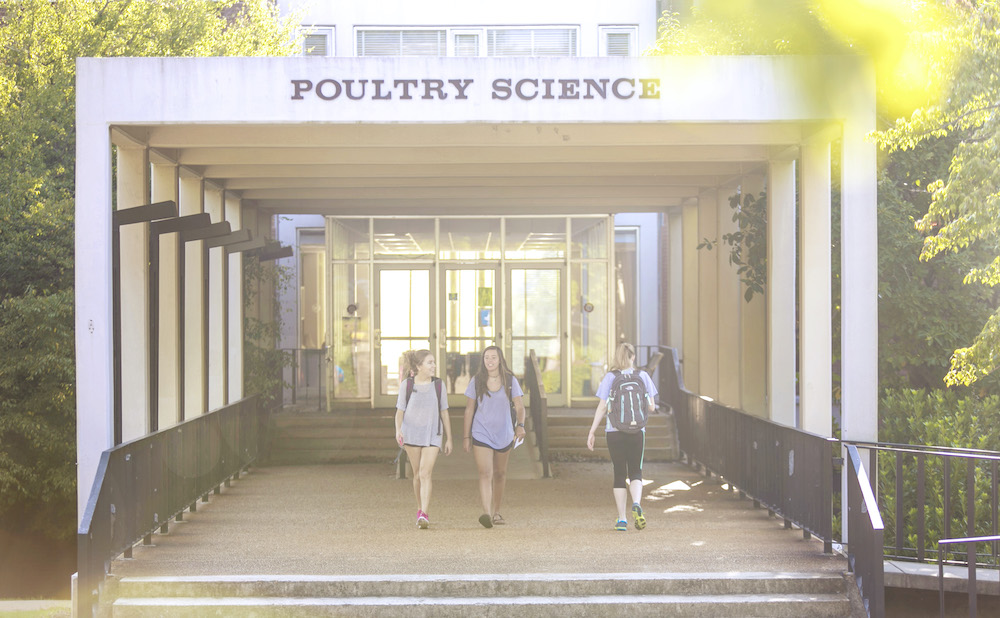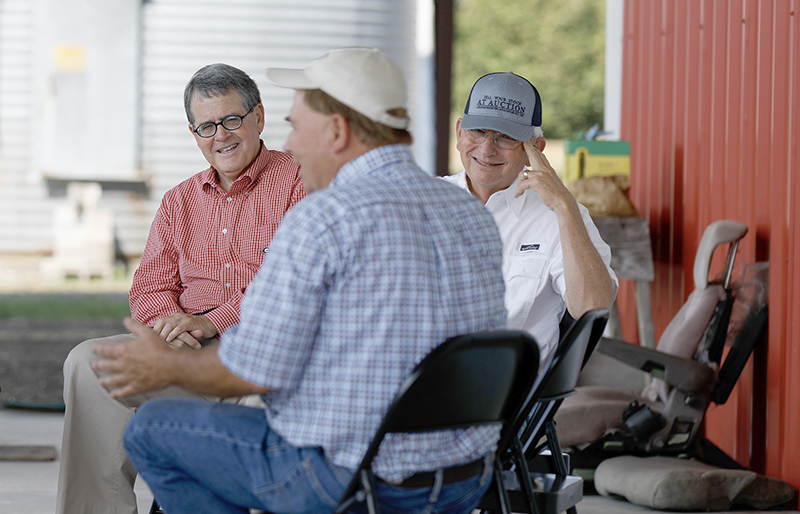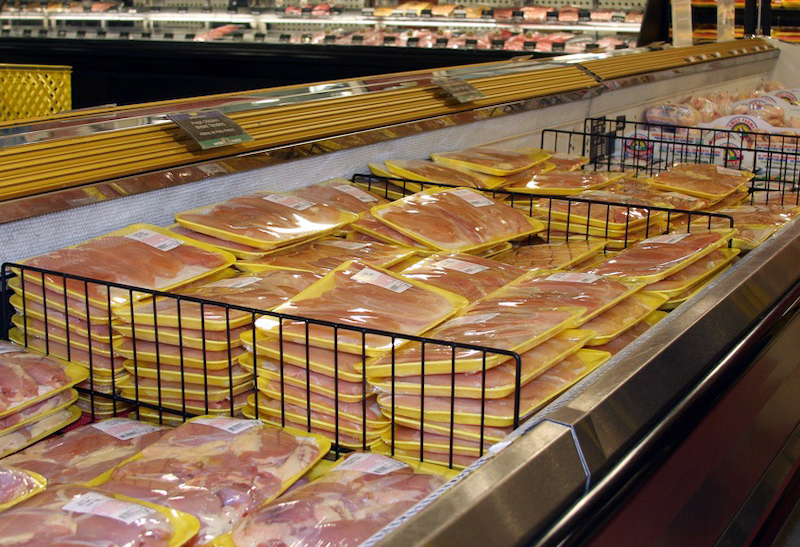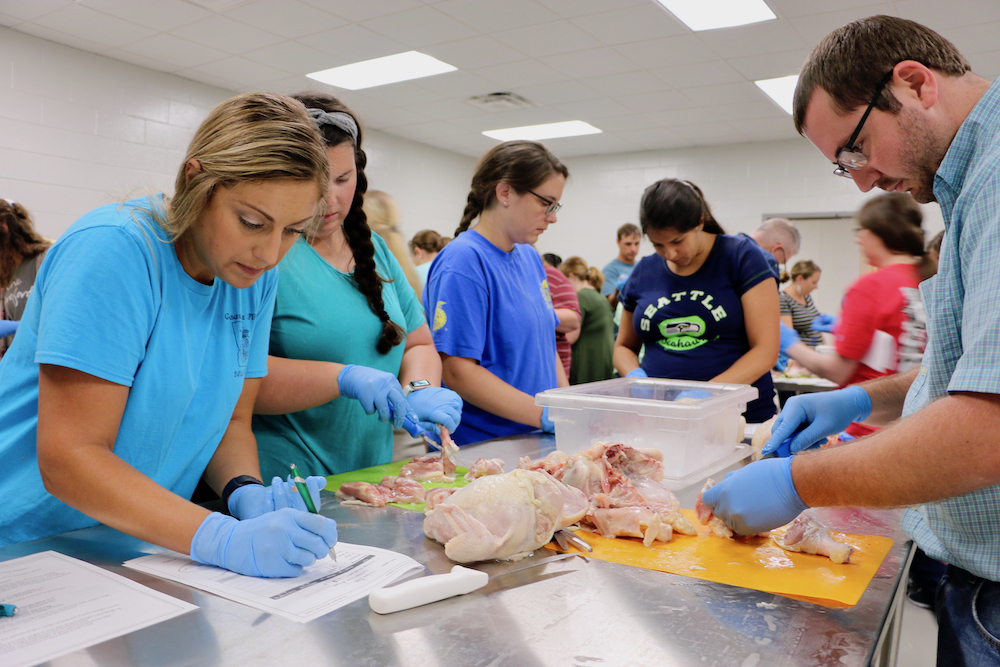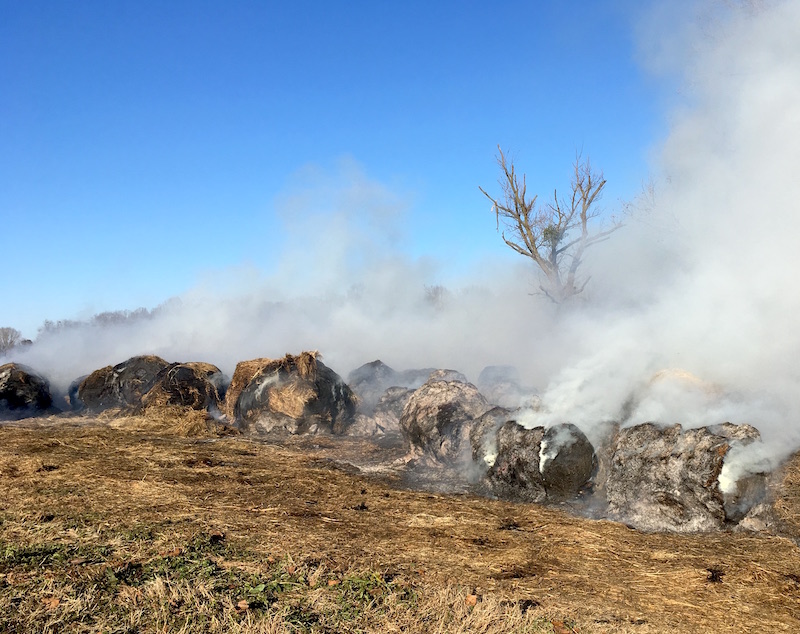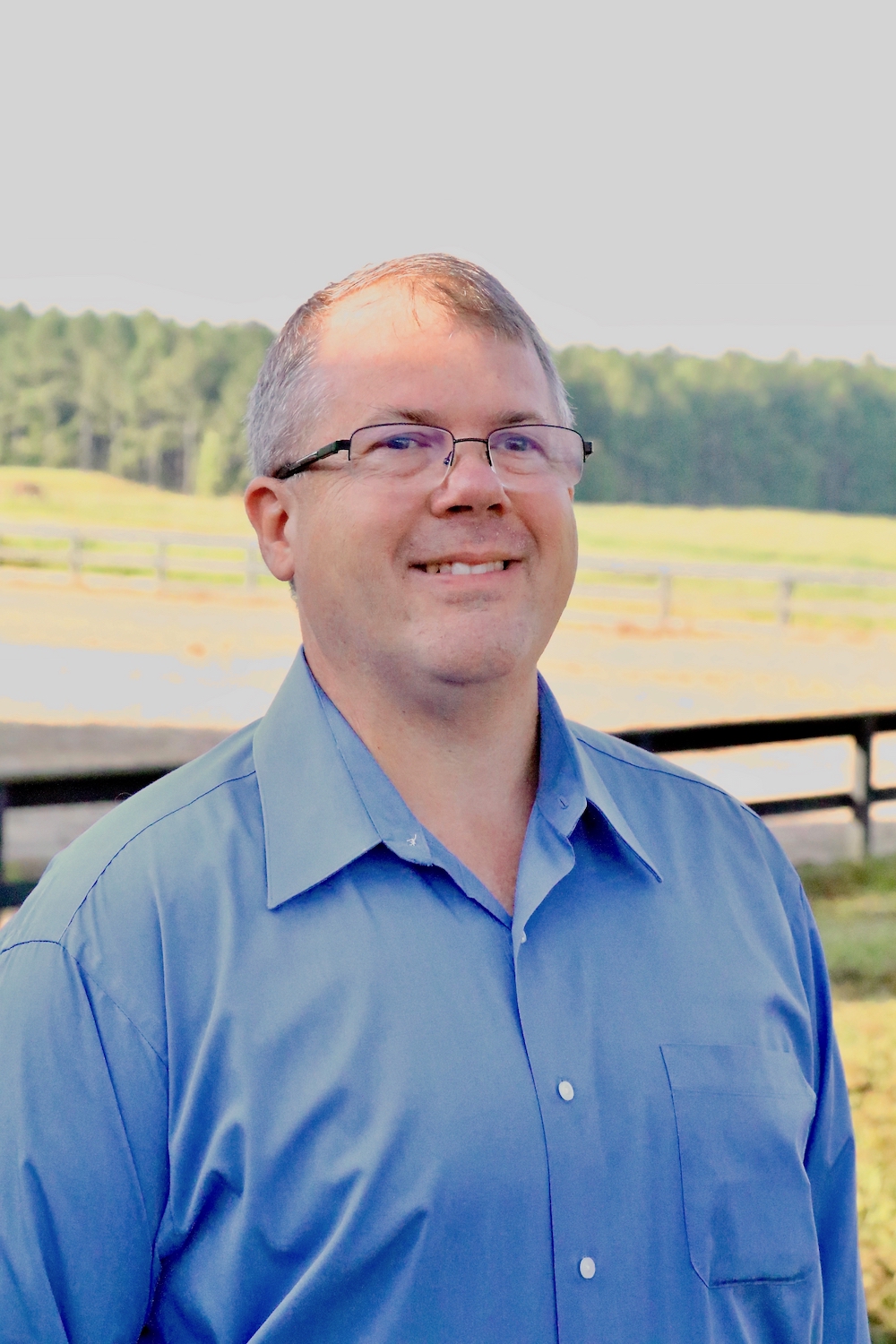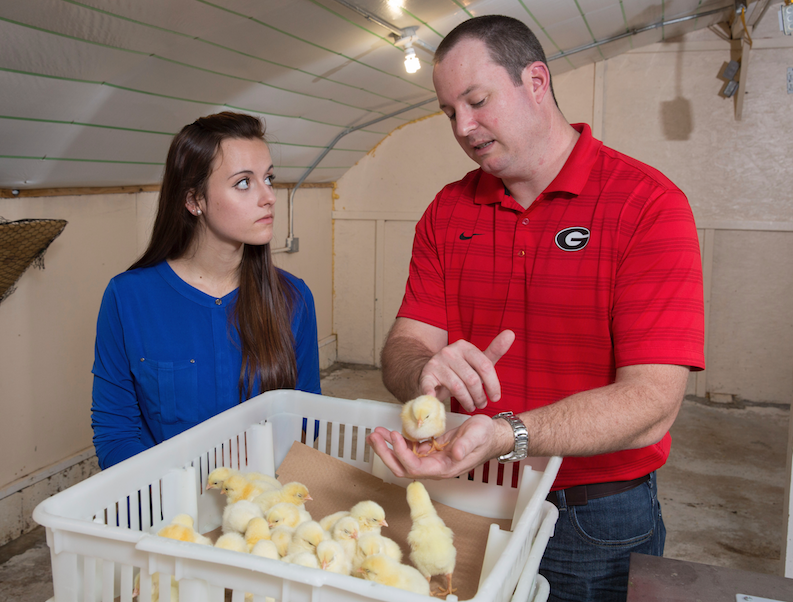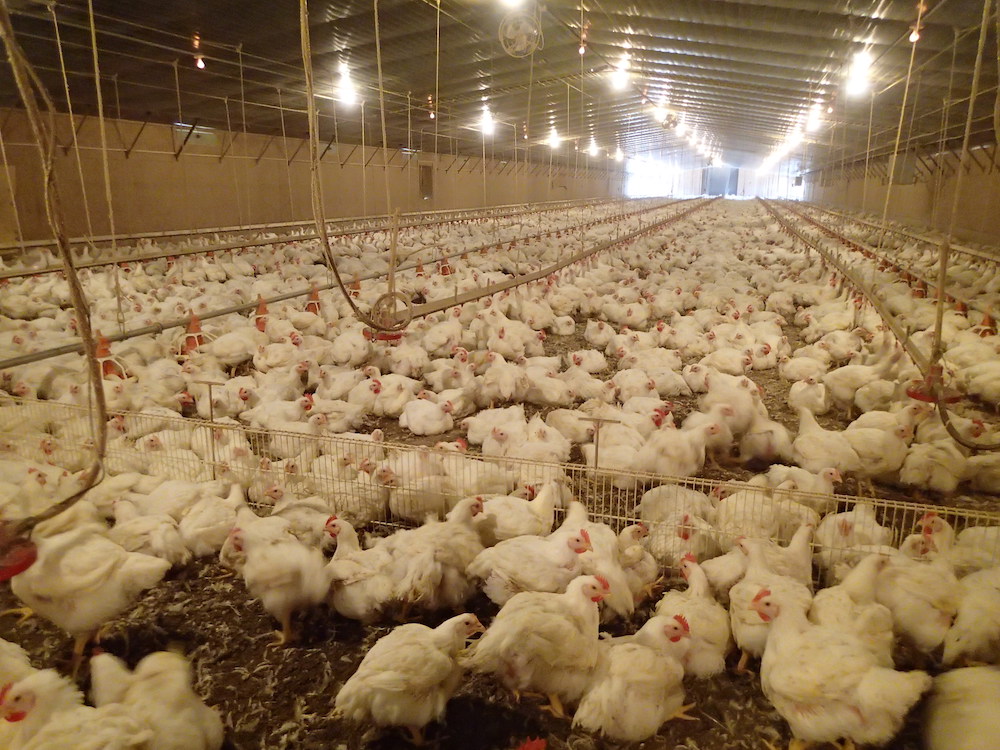 CAES News
CAES News
COVID-19 causing complex problems in the poultry industry
While many were watching the price of poultry, workers in processing plants began testing positive for COVID-19, causing temporary shutdowns at more than 30 meat processing facilities across the nation, according to MEAT+POULTRY’s website, which has been mapping the cases. Together, that caused a complex problem for the poultry industry and for consumers.

